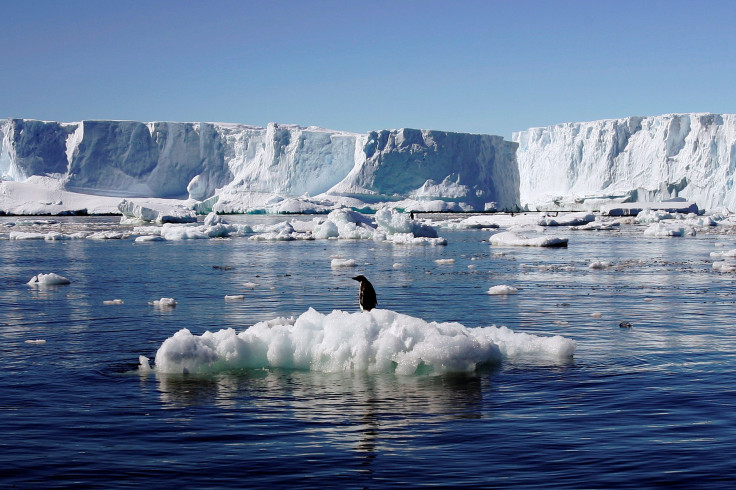Why Is It So Hot? 2016's Global Temperature To Break Record For Hottest Year In History

With 2016 officially over, results have been coming in and scientists have said that they’re confident the year was the hottest ever recorded by man. If those predictions — based on trends during the year — prove correct, the global average will have beaten out both 2014 and 2015 as the hottest since recordkeeping started in 1880.
The sweltering temperatures recorded around the globe in 2016 were caused at least in part by an El Nino event that pushed temperatures up during the first two-thirds of 2016, the National Oceanic and Atmospheric Administration reported. Noah S. Diffenbaugh, a professor at the Department of Earth System Science at Stanford University, told Mercury News in a report published Sunday the record was all but ensured for 2016.
Twenty-sixteen "will break the global temperature record that was set in 2015, which broke the record that was set in 2014,” Diffenbaugh said. Official reports on the global temperature for 2016 won’t be released by the National Oceanic and Atmospheric Administration or NASA until Jan. 18.
Those rising temperatures, linked to increased levels of greenhouse gasses like carbon dioxide in the Earth’s atmosphere, have contributed to droughts, increased likelihood of extreme weather events and the melting of polar sea ice that normally reflects sunlight back out into space. The trend line for warming on Earth shows the atmosphere reaching 1.5 degrees above a preindustrial baseline sometime around 2040, graphs by geophysicist consultant Andy Skuce indicate.
On our home planet--the one we live on, the Earth--2016 was officially the hottest year we've ever measured. https://t.co/6R0Fplonpy pic.twitter.com/JrWDA6Ozhr
— Bill McKibben (@billmckibben) January 3, 2017
It’s uncertain what temperatures or human actions lay in store for 2017. Throughout 2016 as temperatures rose, governments across the globe came together to ratify the biggest agreement to curb greenhouse gas emissions in history. That included the United States and China, the two biggest emitters in the world. President-elect Donald Trump, who will be sworn into office in late January has, however, questioned the reality of climate change and could push back on clean energy initiatives as chief executive.
© Copyright IBTimes 2024. All rights reserved.






















